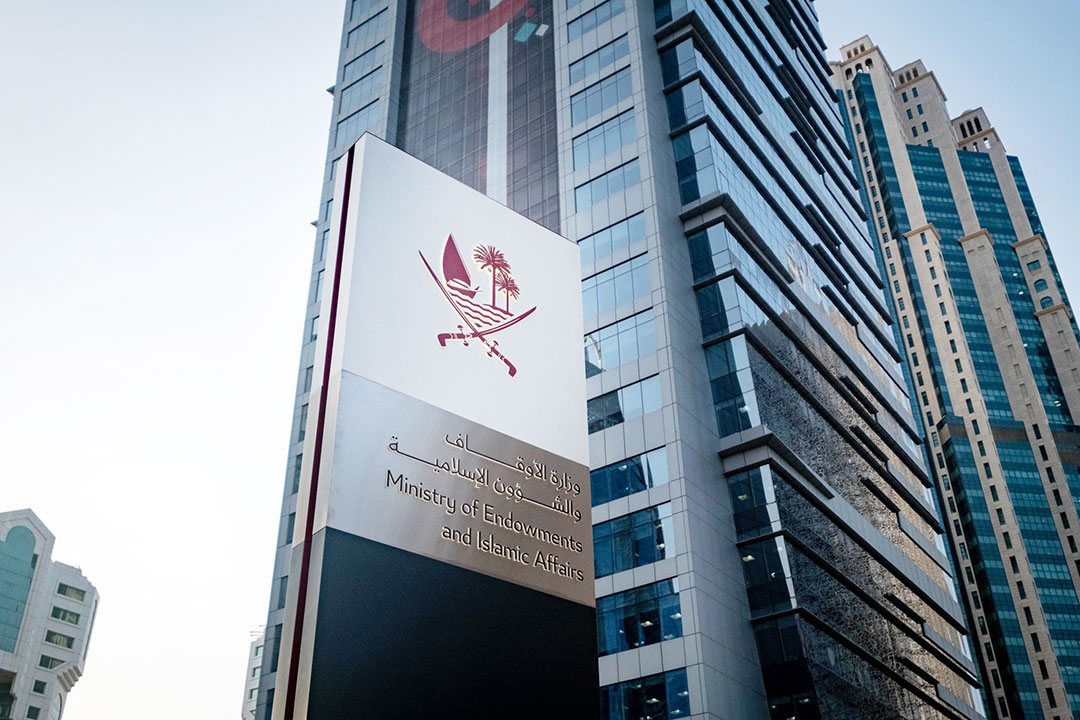Mohammed Ahmed Al Sayed, the head of zakat collection and accounts, highlighted the importance of supporting Qatar’s families in need.
The Zakat Affairs division of the Ministry of Endowments and Islamic Affairs (Awqaf) raised QAR 11.6 million ($3,187,949.00) last month.
In a news release published on Thursday, Awqaf revealed that this assistance benefitted 370 eligible families across Qatar.
Mohammed Ahmed Al Sayed, the head of the zakat collection and accounts department within the Zakat Affairs division, underscored the importance of supporting eligible families in need of assistance.
He added that the total figure of zakat assistance raised last month is divided into two types: periodic aid, which covers monthly needs such as food shopping and other household needs, amounted to QAR 6,872,224 ($1,888,646.52).
Meanwhile, lump-sum aid, which is donated to families once based on specific needs, was a total of QAR 4,812,716 ($1,322,645.96).
Al Sayed also said that all assistance distributed by the Zakat Affairs division is per Islamic guidelines.
What is zakat?
Zakat, or the Islamic duty of almsgiving, is one of the five pillars of Islam.
There are two types: Zakat Al Mal and Zakat Al Fitr.
Zakat Al Mal is the mandatory charitable donation based on whether a person’s excess wealth after settling debts reaches, or exceeds the nisaab level.
The nisaab threshold of excess wealth is approximately 87.48 grams of gold and 612.36 grams of silver. However, excess wealth in the form of money, stocks, goods useful for reselling, shares, or even livestock, can also be subject to Zakat Al Mal – which is calculated at 2.5 percent.
At the end of the lunar year, Muslims must pay this form of zakat.
Zakat Al Fitr is a food donation made during the month of Ramadan – more specifically, before the Eid Al Fitr prayer.
The most popular way to give this charity is in the form of rice. It is expected from those who have sufficient funds to support themselves and their dependents.







